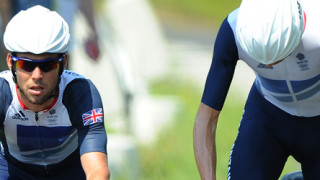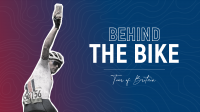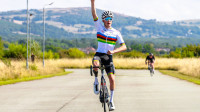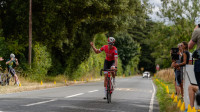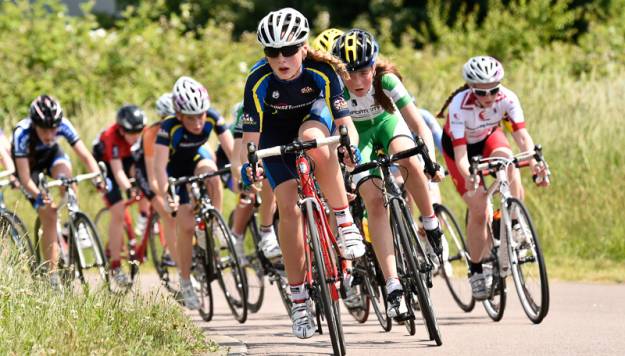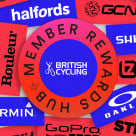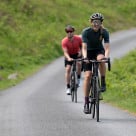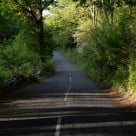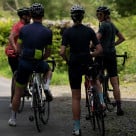Mark Cavendish has encouraged Great Britain’s younger generation of riders to grasp the opportunity to represent their country and continue British cycling’s success story.
The 27-year-old, who became a world champion with Rob Hayles in the madison whilst part of British Cycling’s Olympic Academy Programme in 2005, was speaking after the selection announcement for British Cycling’s Olympic Performance Programmes in 2012/13.
A total of 55 names were listed across the Talent Team, Development and Academy Programmes in sprint, endurance, BMX, mountain bike and para-cycling. Cavendish, who has gone on to become Great Britain’s first winner of the green jersey in the Tour de France as well as a road world champion, warned that the achievements of recent times are no guarantee of future triumphs.
“It’s too easy to think that just because we have had success it is a conveyer belt, it’s not. You have to work."
Mark Cavendish
“Work – that’s it,” Cavendish said when asked what the new intake could expect on the Programme. “It’s too easy to think that just because we have had success it is a conveyer belt, it’s not. You have to work.
“I remember doing it; we didn’t look forward to anything except representing our country. That was what we looked forward to, apart from that it was hard work - it was proper graft. It wasn’t easy, it wasn’t living the lifestyle of a pro, it was working to be a professional.”
Set to ride for Omega Pharma - Quick-Step Pro Cycling Team in 2013 after leaving Team Sky, Cavendish is an ideal case study for those beginning their careers in the sport from a Programme which has also helped develop the likes of Bradley Wiggins, Jason Kenny, Annie Last and Laura Trott.
Cavendish’s undoubted highpoint during his Academy time came in Los Angeles, where aged 19, he and Rob Hayles lapped the field to give the Manxman his first world championship jersey. He also won the points race at that year’s European Championships, an edifying culmination that wasn’t without its challenges.
“It was nice after 15 months,” Cavendish recalls. “I didn’t go on the road or track to the junior worlds and then there were a couple of people in the Academy, including Rod Ellingworth, who saw something I had.
“That was what the Academy was about, it was more than lab tests and a physical thing. It was racing, it was learning to be a bike rider, that’s what he saw and it turned me from that into a world champion within 15 months. That was the process it was, it wasn’t just getting stronger it was learning everything about bike racing and living as a bike rider.”
Despite world championships on the track and road as well as numerous Grand Tour stage wins, an Olympic medal remains an ambition after the podium evaded him in London’s road race and four years earlier in the Laoshan Velodrome in Beijing.
A possible return to the track in the team pursuit is something Cavendish – who will be 31 at the Rio 2016 Games - is considering with the road course in Brazil expected to be less suited to the sprinters and a bunch finish.
“I’ve got three years as a professional rider before that,” Cavendish said. “The road is too hard – I’d like to win an Olympic medal.
“It takes a commitment that would have taken from my road career to do that [the team pursuit] but I’ve seen the comradeship that the guys had, how they worked together, how close they worked together in the year leading up to it.
“I miss that, I miss being of that, I miss being part of this core group that has to work with each other, believe in each other and trust in each other.”
The points jerseys in the Giro d’Italia and Tour de France will be the main focus in 2013 for Cavendish, who already has topped the points classification in two of the three Grand Tours - the Tour de France (2011) and the Vuelta a Espana (2010).

